People in this city are afraid of each other but not of leaving their electronic foot prints. Last night, after class, dressed in my $100 black leather hipster boots, wearing my $20 Ross blue jeans and a preppy, $12 Docker checkered dress shirt, I walked casually across the campus reveling in the feeling of being a student in a classroom again. Thinking about my home work assignment for next week and carrying a nike back pack, my contstant companion for the last 30,000 miles, the campus was peaceful, empty and beautiful.
As I waited at the bus stop near the campus bookstore, the darkness and shadow played upon us. Each person became suspect-- our senses heightened, pupils dilating-- preparing for an attack. Even though my body position at the bus stop bench was not in anyone’s direct path, it did not make others at ease. Students in dyads, walking by, talking loudly, or the solo ones yapping cheerfully like chip monks on their cells, shot hesitant glances sideways, a familiar neurological flare of self-preservation. The kid who rode up on his bicycle, talking to himself, singing—and both, shot his kickstand down, reached into his pocket to pull out a cig to smoke before the bus ride home. His hooligan features were suspect: dressed in the style of now of low slung jeans, an urban shoulder gait of tough-like posturing and tattoo arms hiding beneath his extra large, blue hoodie. Perhaps, people should be scared living in L.A.
Almost every male in Los Angeles, is a potential victimizer, fueled by a conscious-- and perhaps driven by—a subconscious rage. Where does this anger come from? We are constantly bullied by the media with their incessant barrage showing us the inequities between the rich and famous and the rest of us, helping to create a victim-like passive persona. We hurt but we show up smiling at the podium anyway. We hide in our cars behind air bags but have road rage. We hide in the open listening to our mp3 players, watching videos drowning out the cell phone conversations around us. We ignore others, even in the same room. Our physical reaction to all of this: become harden, untrusting, suspicious and discontent. We want money, attention and sometimes fame. The media, acting indignant, shows us how we lack these things others have and we wonder why we feel this constant ire. The media are the dope dealers of our world but we hide in our electronic foot prints.
As a society we don’t think about this being an issue. We are inculcated already; it all is normal. Our heightened senses when self-preservation is threatened are a natural reaction to the repetitions of fear. Once you have lived in another city or country where crime rates are low, you may realize that the life you had led has prevented you in becoming more human and vulnerable. Here, in the big digital lie, we avoid others while an electronic community surrounds us in its computer fan generated growth. People we interact with are now invisible and when an analog exchange between flesh and bone occurs , we act surprised or even afraid. Paradoxically, our internet lives are rich and dynamic.
Today, we lead public lives on private networks, often disclosing personal and intimate information, but this comfortable feeling navigating and communicating online with friends and others, is a façade. The electronic foot prints you leave behind follow you forever and our natural self preservation from attack is canceled. But your identity can be stolen, your personal preferences noted and your life tracked. Your acquaintances scorned by your privacy settings on your Face Book “wall.” The friendships networked and forged online are steeped in deception and hidden agendas. We want to be popular and cool so we compete for being first with new information. We create new things so that we defend against obsolescence. We get in touch with old friends only to re-vive the scars that didn’t heal. We use our electronic foot prints to cover, track and over-compensate from our past wrongs done to others. An electronic band aid, anyone?
After the excitement of reuniting fades, your feelings of insecurity come forward; comparing their achievements with yours—soon this curiosity and connection to him or her is dropped or blocked by a filter activated by you. The 3,000 relationships in your electronic footprint are not trust worthy: only the “s” on the end of “http” is, just maybe, for a while.
Subscribe to:
Post Comments (Atom)




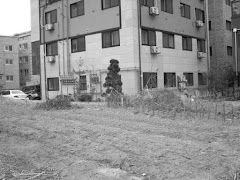






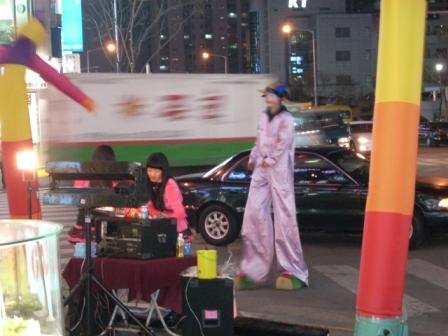







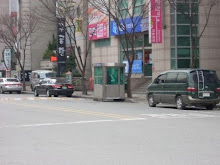








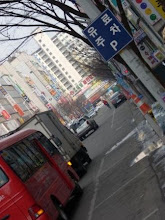

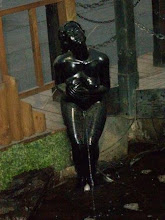
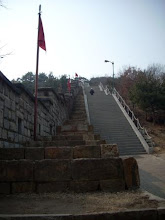
















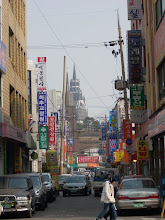




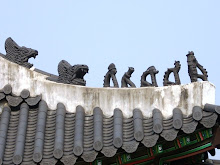


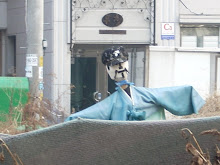
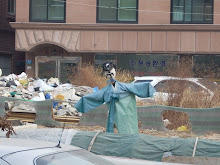





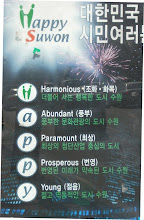










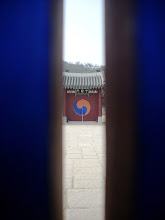








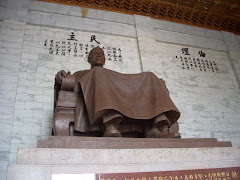




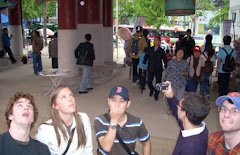

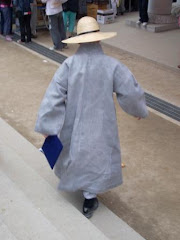






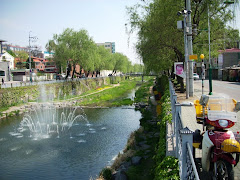










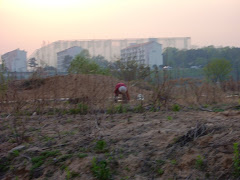








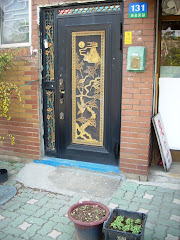







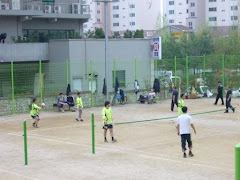

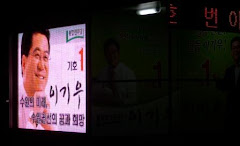


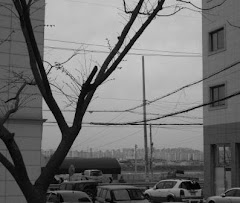










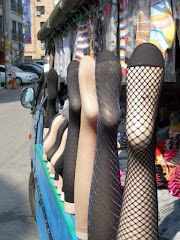
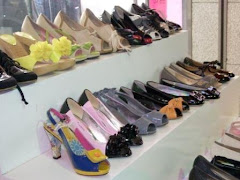




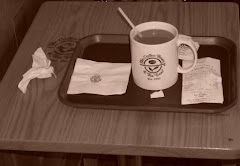



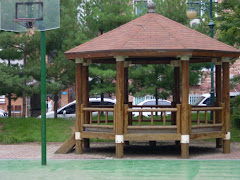












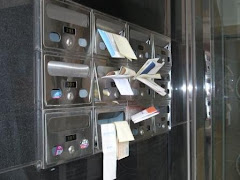
















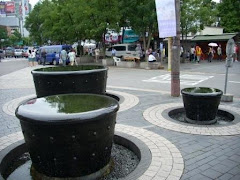



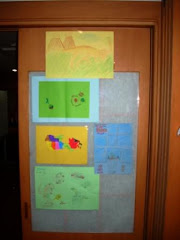












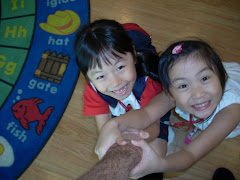






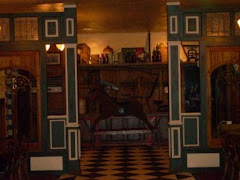








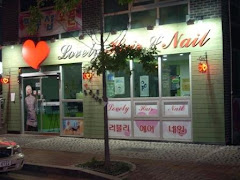
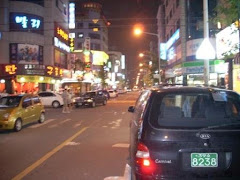

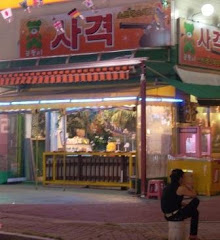
3 comments:
Excellent post! Very thoughtful. Keep 'em coming :)
Hi my love,
I agree with some your opinions. We should filter some personal information to public such as email address,phone numbers, especially credit card numbers. Identity Crime actually came from other countries that we thought/felt they are safe countries.
Still, we as humans need to remind ourselves to be positive by sharing some our feeling or keeping in touch with friends and family, and to be open with your truly feeling to acquaintances or love ones.
So far, I am pretty grateful that I found my old classmates that I thought lost them. Eventhough, I had posted our trip pictures that showed our good times together and with my friends and could be as your new friends, I am comfortable if past acquaintances saw the pictures thru their friends or as you said it is there as electronic footprints. It depends on our perpective, do we take it negative or positively?
Even then in the far future, I will appreciate our relationship as a positive experience, not hidden.
Yes, if two people know how strong their relationship, they shouldn’t filter their facebook setting. The question is why you want to filter it for your love one anyway? That’s something not right there. Believe or not wise people say: “Be open to your love one if you expect the same level”
What’s the different twitter or facebook?
from your love..
Thank you Yanne (anonymous) and Kelly for your thoughts on this blog.
Post a Comment